Nassim Taleb Book Recommendations
Nassim Taleb, born in 1960 in Lebanon, is a renowned scholar, statistician, and former trader who has made significant contributions to the fields of risk, probability, and decision-making. He is best known for his books like 'The Black Swan' and 'Antifragile,' which have become must-reads for anyone interested in understanding uncertainty and how to thrive in a complex world. Taleb's unique perspectives on randomness and the impact of rare events have garnered him a reputation as a leading thinker in risk management and philosophy. His sharp wit and contrarian views make his work both challenging and enlightening for those seeking unconventional insights.
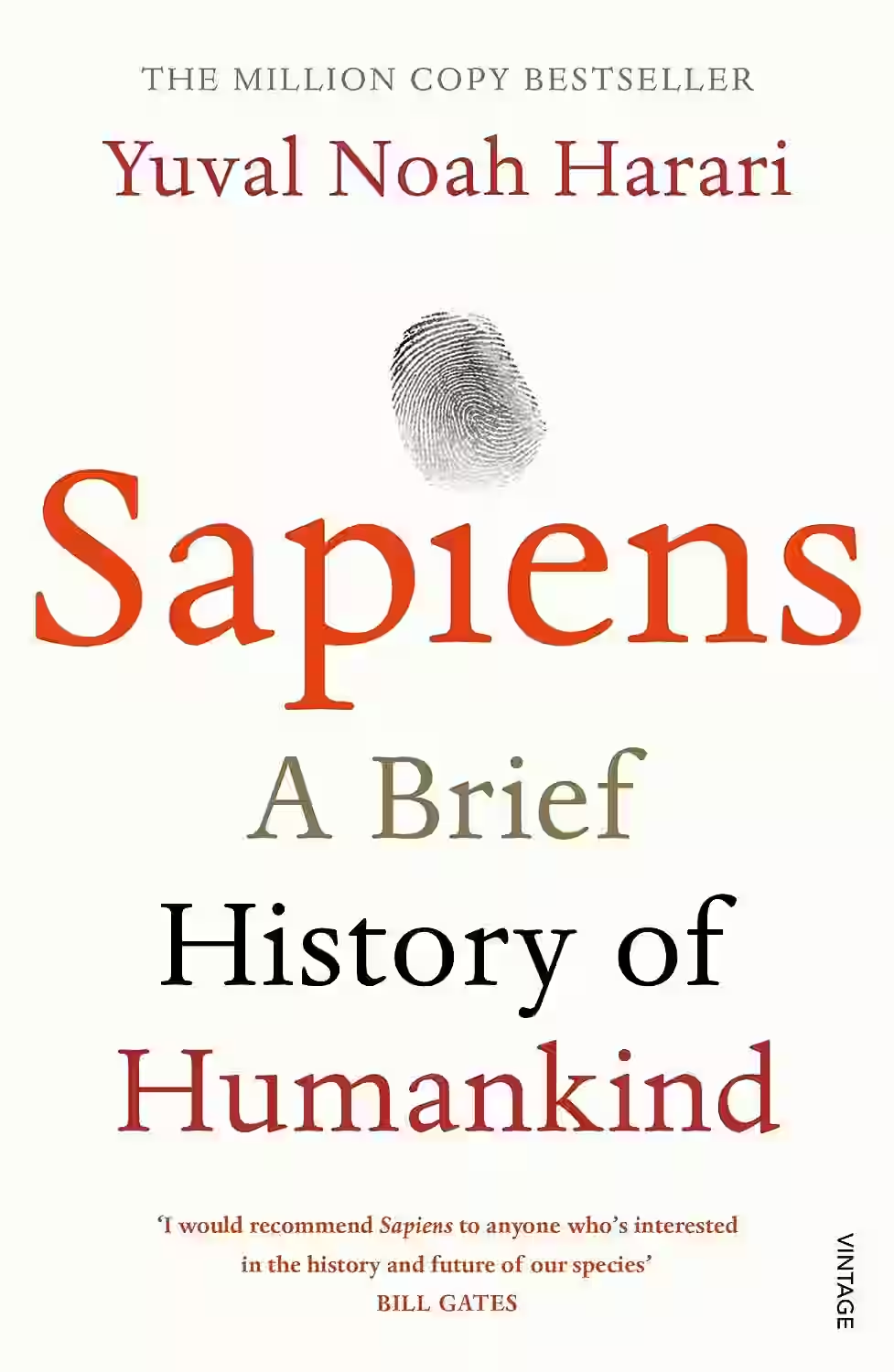
Yuval Noah Harari's Sapiens charts the epic history of humankind, from early Homo sapiens to today's complex world. It explores the Cognitive, Agricultural, and Scientific Revolutions that defined our development. Harari examines the role of shared beliefs in enabling mass cooperation and questions the essence of our humanity and future. This insightful work offers a broad perspective on our origins, progress, and the challenges we face.
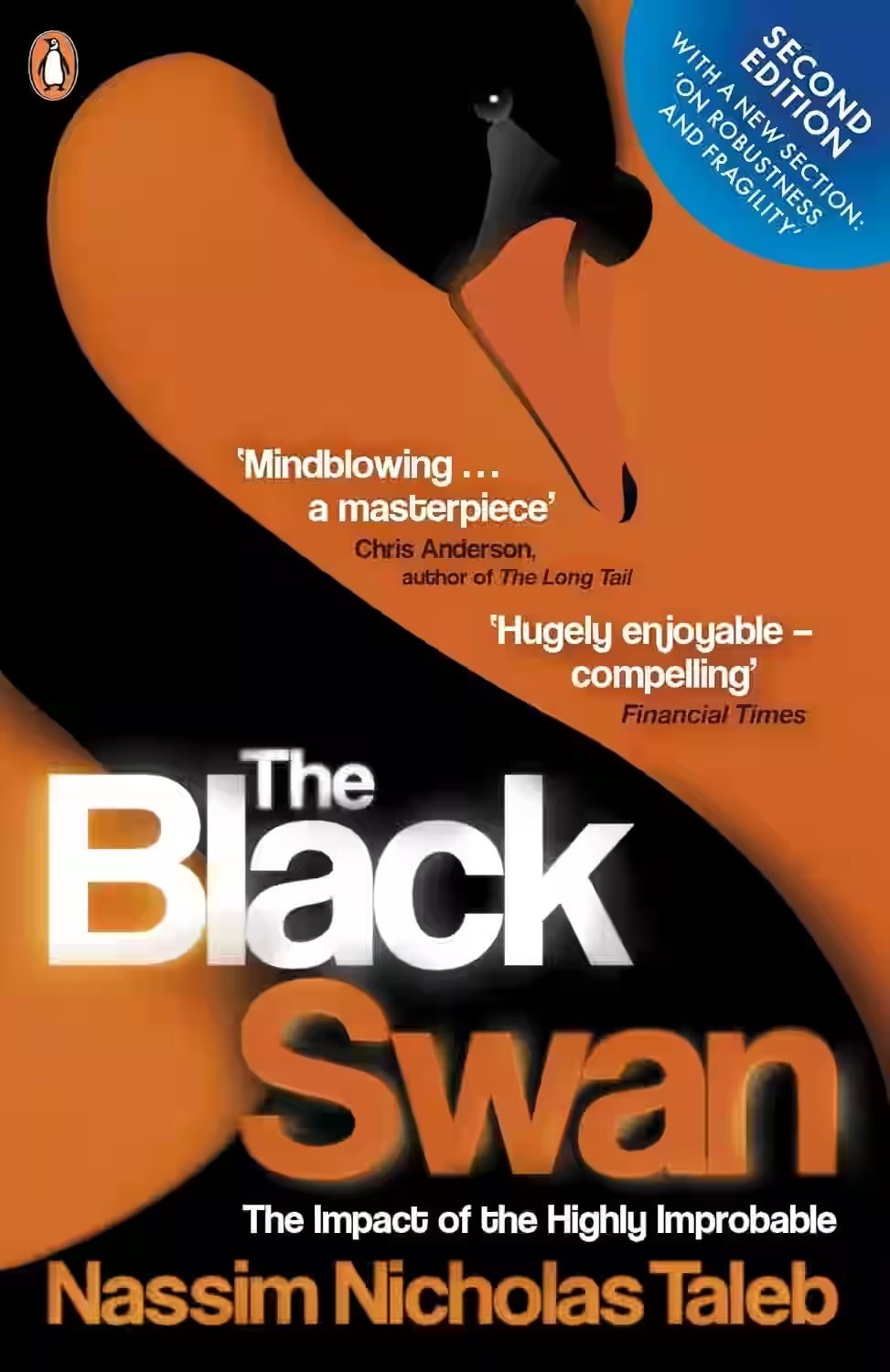
The Black Swan explores the profound impact of rare, unpredictable events—what Taleb calls “Black Swans”—that lie outside normal expectations but have massive consequences. The book challenges traditional forecasting and risk models, arguing that humans consistently underestimate uncertainty. Taleb illustrates how randomness and surprise shape history, from financial markets to scientific breakthroughs, and advocates for antifragility—systems that benefit from disorder. Combining philosophy, probability theory, and anecdotal insight, The Black Swan is a provocative critique of modern thinking and a call to embrace humility in the face of complexity. It’s a transformative read for anyone making decisions in uncertain environments.
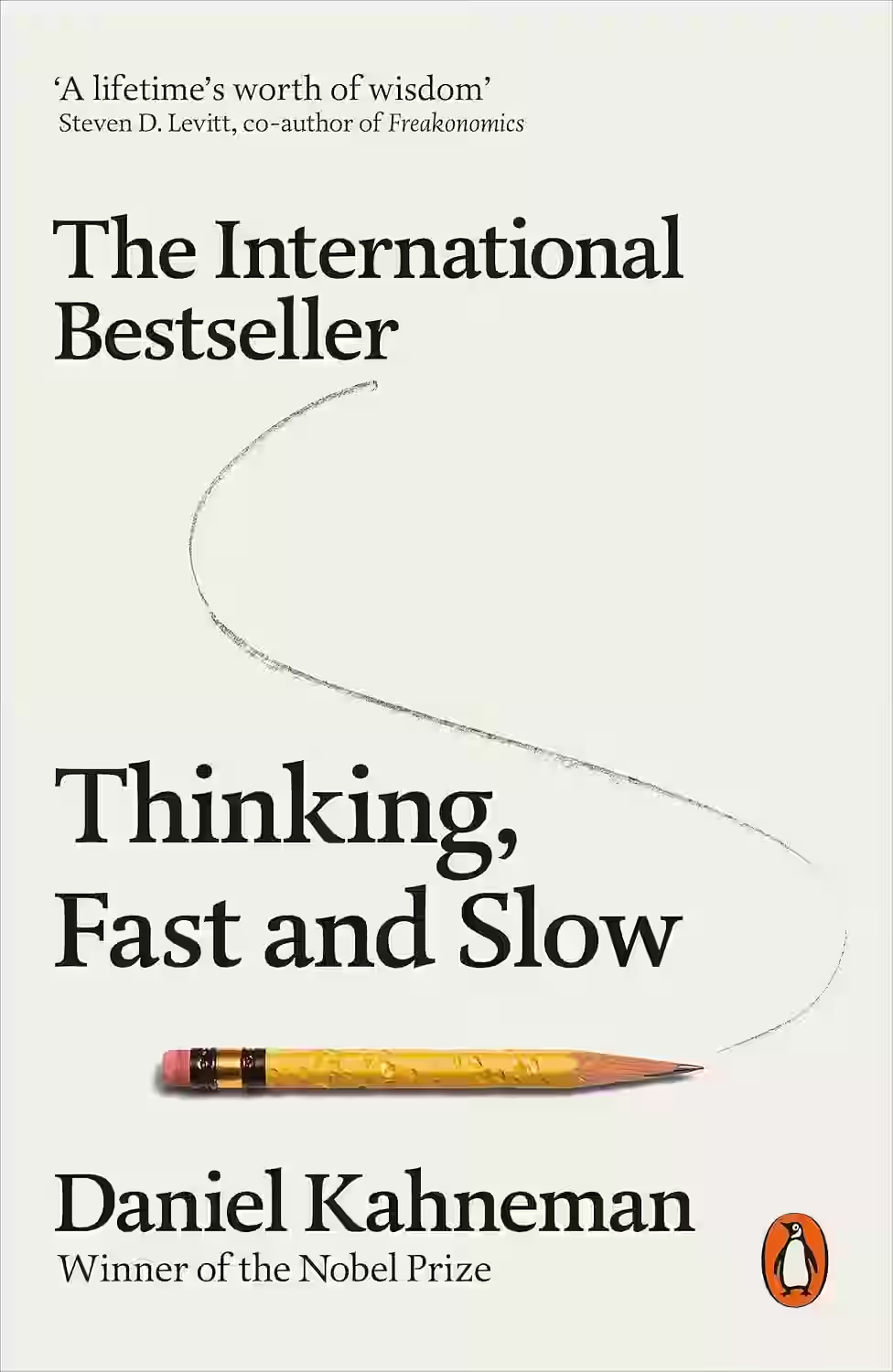
In 'Thinking, Fast and Slow,' Daniel Kahneman, a renowned psychologist and Nobel laureate, delves into the fascinating world of our thought processes. He introduces readers to the two systems that drive the way we think: the fast, instinctive and emotional System 1, and the slow, deliberate and logical System 2. Through engaging anecdotes and thought-provoking experiments, Kahneman explores the biases and heuristics that influence our decisions, leading to both enlightening and unsettling revelations about human cognition. This groundbreaking book not only challenges our understanding of decision-making but also offers valuable insights into how we can navigate the complexities of our minds to make better choices.
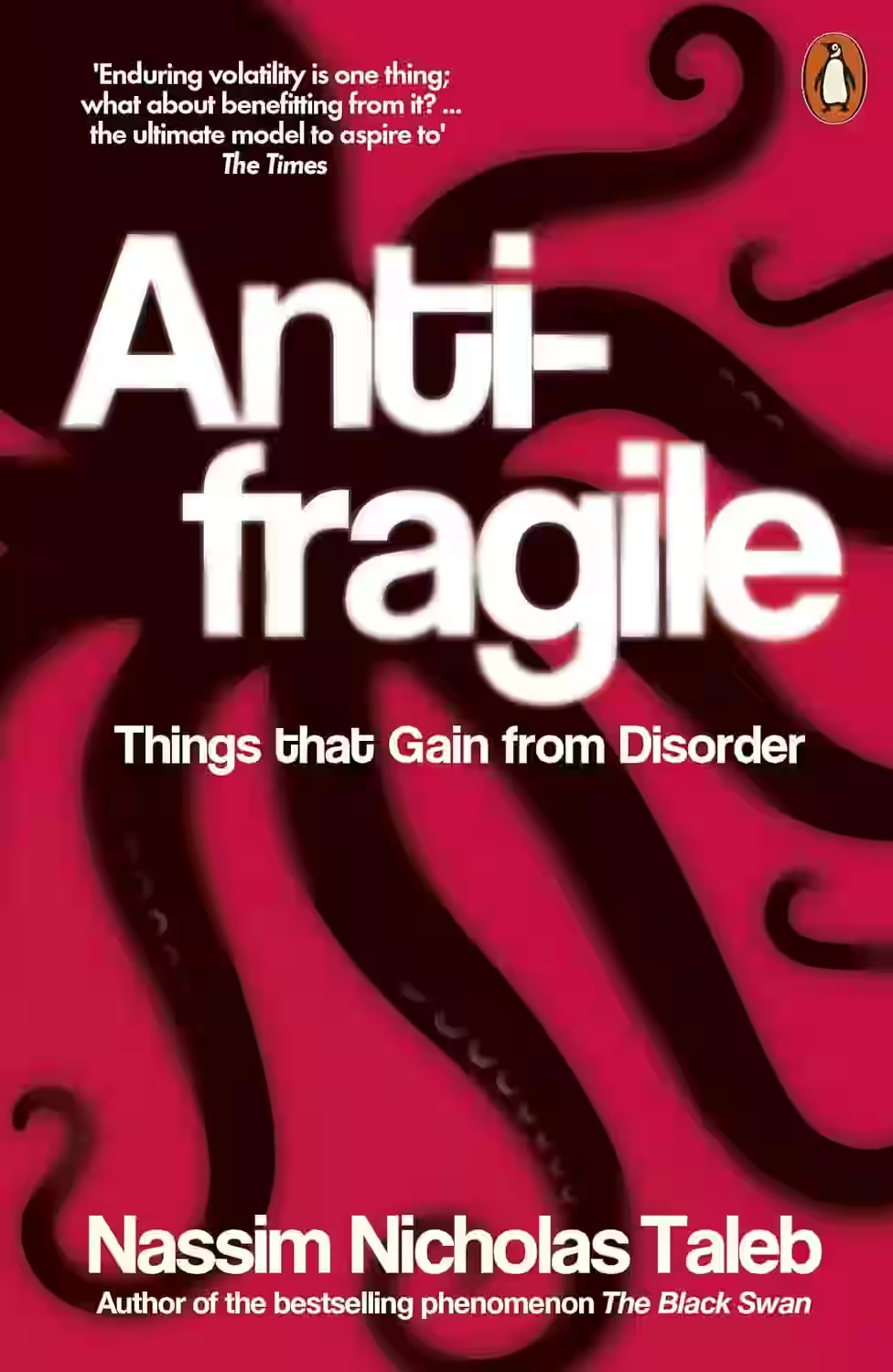
In 'Antifragile: Things That Gain from Disorder,' Nassim Nicholas Taleb explores the concept of antifragility - the idea that some systems not only withstand chaos and unpredictability but actually thrive from it. Using a blend of philosophy, anecdotes, and practical examples, Taleb challenges the conventional notion of resilience and proposes that embracing randomness and disruption can lead to superior outcomes. Through engaging prose and thought-provoking ideas, the author encourages readers to reevaluate their understanding of risk, stability, and progress. This book offers a fresh perspective on how individuals and societies can benefit from disorder, making it a compelling read for anyone interested in personal development or systemic resilience.
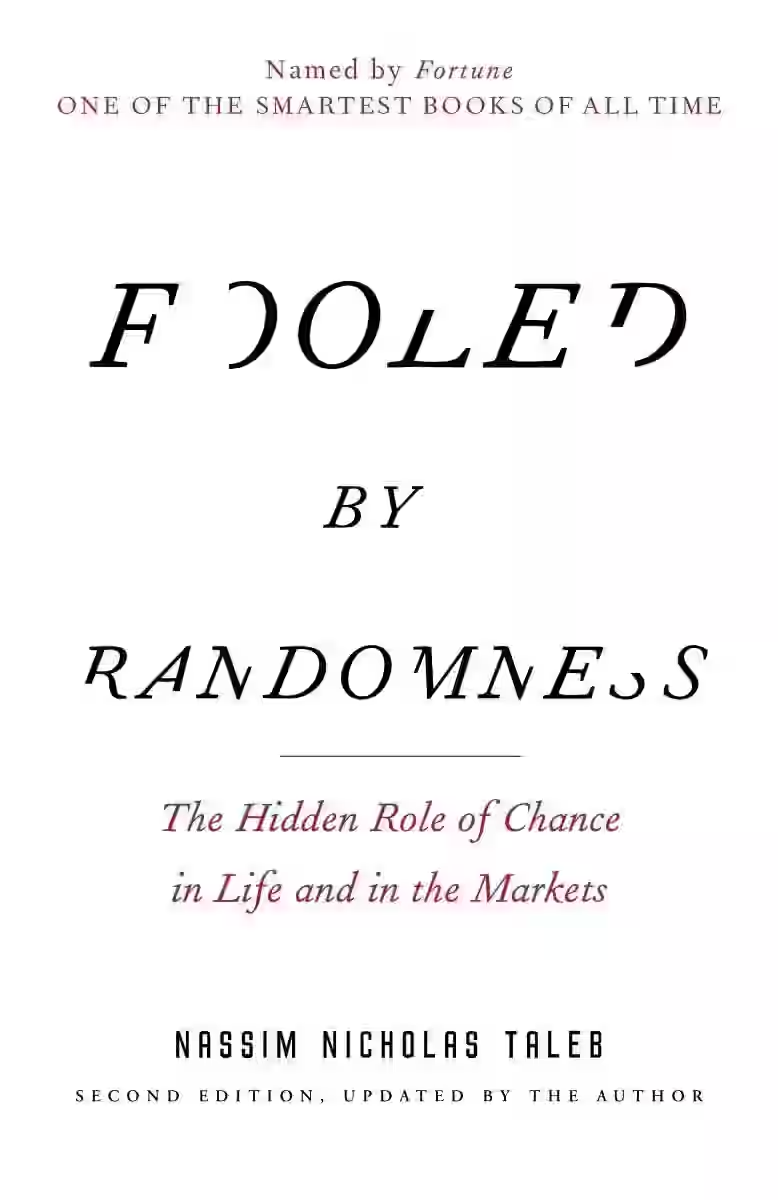
In 'Fooled by Randomness,' Nassim Nicholas Taleb explores the intricacies of chance, luck, and randomness in our lives and in financial markets. Through a blend of anecdotes, insights, and mathematical models, Taleb challenges the conventional wisdom surrounding success and failure, arguing that random events play a larger role than we often acknowledge. By delving into the concepts of survivorship bias, overconfidence, and the narrative fallacy, Taleb encourages readers to reevaluate their understanding of risk and uncertainty. This thought-provoking book prompts reflection on how we perceive and navigate randomness, offering valuable lessons for decision-making in various spheres of life.
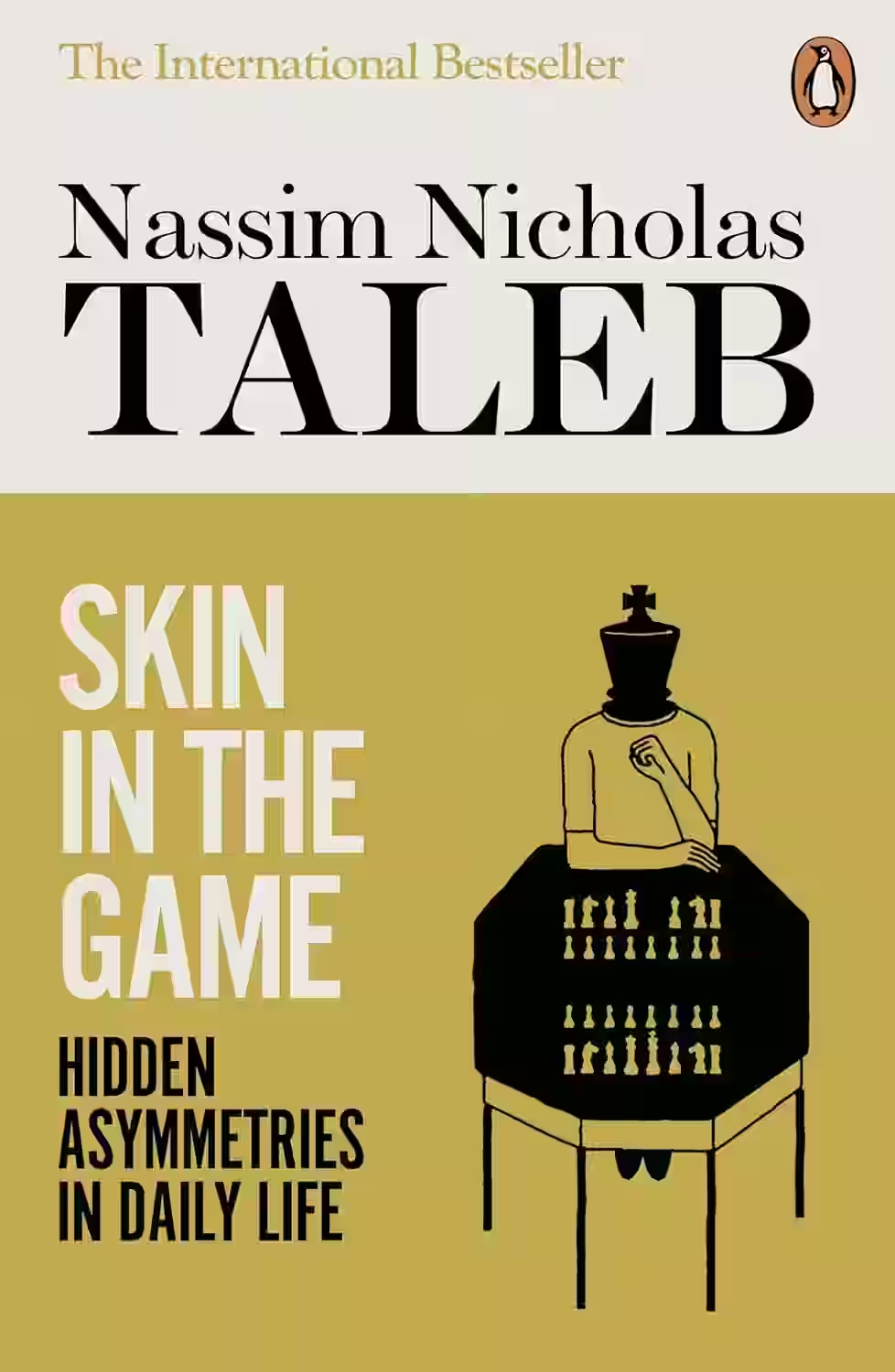
In 'Skin in the Game: Hidden Asymmetries in Daily Life,' Nassim Nicholas Taleb delves into the concept of having a personal stake in the decisions we make. Through engaging storytelling and incisive analysis, Taleb explores how asymmetrical risks and imbalances impact various aspects of our lives, from business and politics to science and ethics. He challenges readers to reevaluate their understanding of risk, accountability, and expertise. With his signature wit and provocative style, Taleb offers thought-provoking insights on navigating an uncertain world with integrity and resilience. This book is a compelling and enlightening read for those seeking a deeper understanding of the consequences of our actions.